Finally, Physician Recruiting That Actually Works for Specialized Healthcare
15 years. 1.7 interviews per placement. 87% stay 3+ years. This is what happens when you partner with physician recruiting specialists who understand your unique challenges.


Finally, Physician Recruiters Who Actually Understand Your Career Goals
No spam emails. No pressure tactics. No commission-driven pushiness. Just 15 years of specialized healthcare recruiting expertise connecting physicians with communities and organizations that genuinely value them. 87% of our placements stay 3+ years because we respect your career goals, not just our quotas.

Stop the Financial Bleeding of Failed Recruitment
While other organizations struggle with expensive locum coverage and endless search cycles, our clients fill critical positions efficiently. 1.7 interviews per hire. 87% retention at 3 years. Strategic rural recruitment that protects your budget and reputation.
700+ Rural Hospitals, FQHCs & Critical Access Facilities Trust Our Process






15 Years of Proven Physician Recruiting Excellence
When we started Adaptive Medical Partners in 2010, we made three promises: precision, partnership, and purpose. Today, these aren't just promises—they're proven results.
1.7 Interview-to-Placement Ratio
We don't waste your time. When we send you a candidate, they're already 90% sold on your community.
87% 3-Year Retention Rate
A placement only works if it lasts. Nearly 9 in 10 of our physicians are still with their organizations three years later.
700+ Successful Partnerships
From critical access hospitals to FQHCs, we understand the unique challenges of specialized healthcare recruiting.


